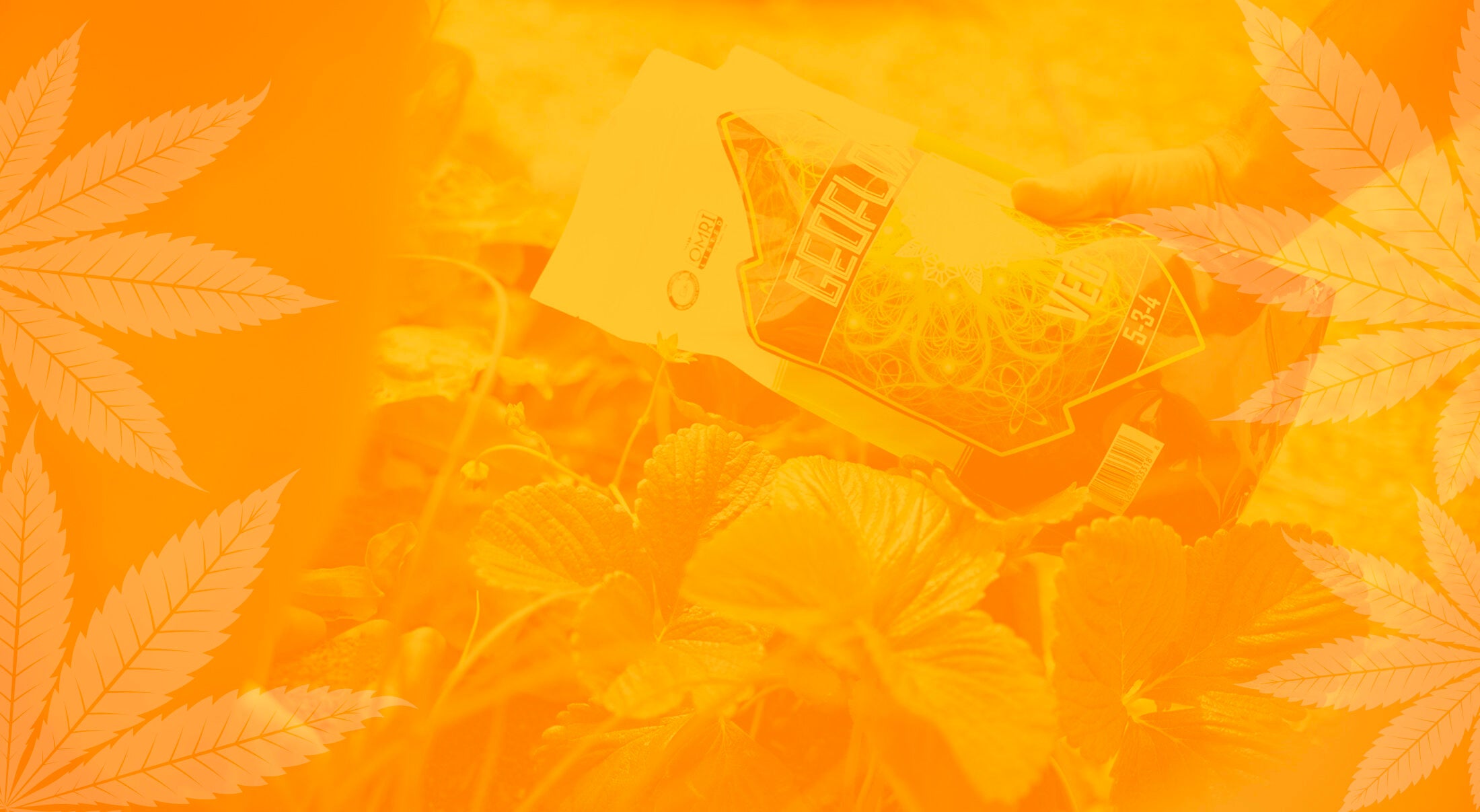For organic growers, composting is a way to give your plants a boost of powerful nutrients, reduce environmental impact and move towards zero-waste living, and improve soil and plant health. With these great benefits, it’s a no-brainer to add compost to your organic grow, even if you already use a fertilizer like Geoflora. Composting can be a satisfying and rewarding process, and it’s easy to start by saving a few ingredients around your home that you would otherwise throw away.
Let’s dig into what it takes to start your own compost bin!
What is Composting?
Composting utilizes high nitrogen “greens,” carbon-rich “browns,” oxygen, moisture, and time to turn waste and scraps into valuable nutrient-rich additions to your grow. While there are many ways to compost, the idea is the same: save your waste, pile it up, turn it over from time to time, and wait for your scraps to decompose into a valuable addition to your grow.
So what scraps should you add to your pile?
5 Easy Items to Compost
To keep your grow organic, be sure to only add things to your compost pile that are all-natural and free of any pesticides or additives.
Eggshells
Eggshells are an excellent addition to your compost because they are rich in calcium that can help your plants build up cell walls. Consider grinding up your eggshells before adding them to the pile so they break down more quickly.
Coffee and Tea
Coffee grounds, tea leaves, and even filters and teabags are typically compostable. With healthy levels of the primary nutrients your plants need to grow and a dose of moisture to speed up the decomposition process, you can’t go wrong. Just be sure your filters and teabags are organic and compostable before tossing them in, too.
Vegetable Cuttings
Everyone who cooks ends up with vegetable scraps. Carrot tops, onion bottoms, and the hard ends of celery all make great additions to your compost pile, adding in essential nutrients your plants will love.
Bread
Don’t throw out your bread ends, stale loaves, or even the moldy slice you found when you tried to make a sandwich! Bread is an excellent source of nitrogen, and your compost pile won’t mind if it’s crusty, stale, or moldy.
Yard Trimmings
Yard trimmings are an incredible addition to your compost pile, whether you’re putting in nitrogen-rich green grass clippings or carbon-dense browns like leaves and twigs. Trimmings like these help balance the carbon to nitrogen ratio and aerate your pile for faster and more even decomposition.
Bonus!
You should also consider kickstarting your compost pile with the addition of some Geoflora Nutrients! Geoflora and compost work well together, because the organic matter in compost sponges up nutrients in the fertilizer and stores them until they are needed by plants, while Geoflora’s bacteria help set up the compost with a strong population of beneficial microbes.
A Simple Start
Composting may seem intimidating, but it’s simple to get started. Most households toss out these five compost additions regularly, but you can easily grab a bucket or container and start saving these scraps for your garden to benefit from at a later date.




